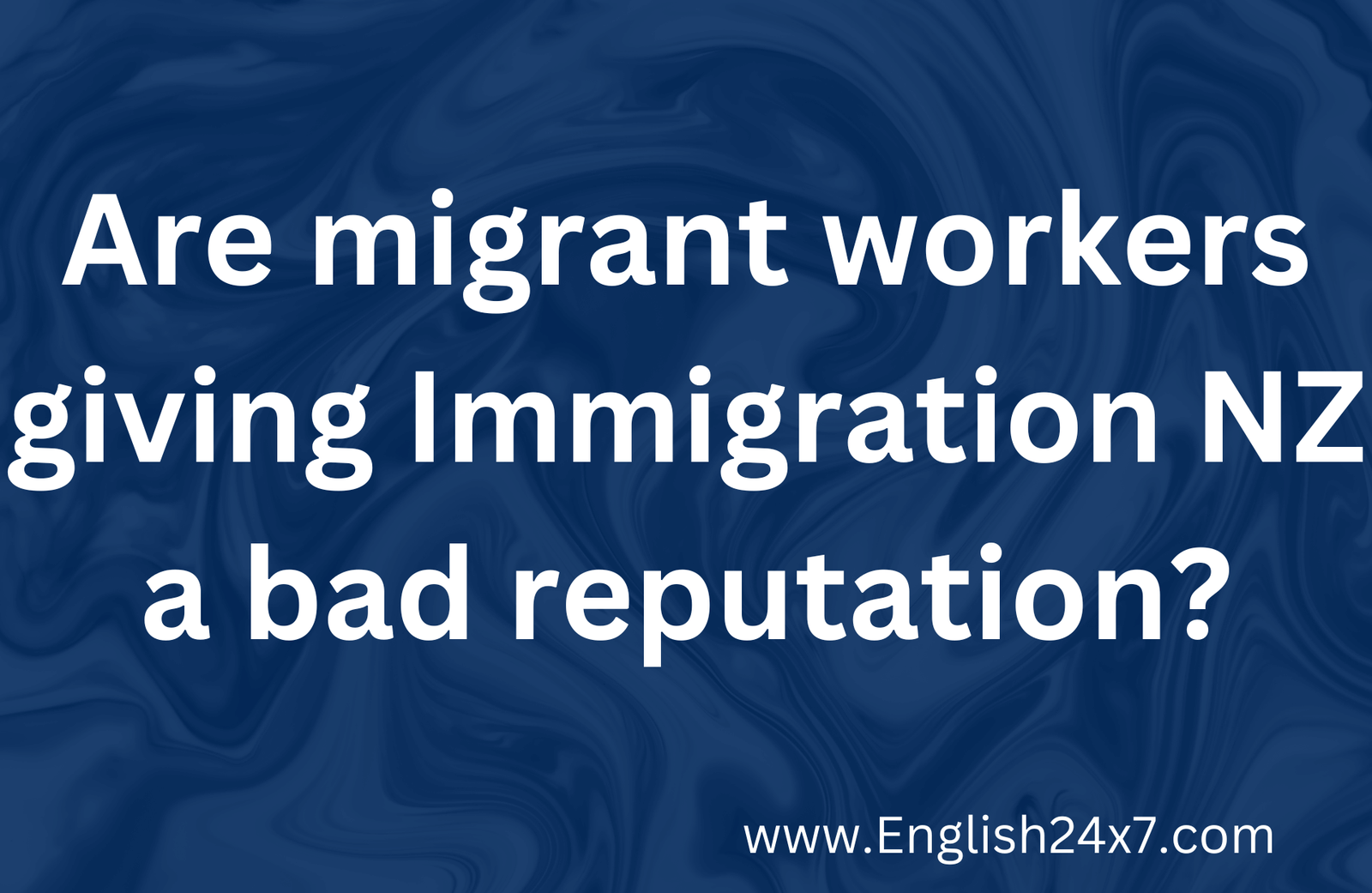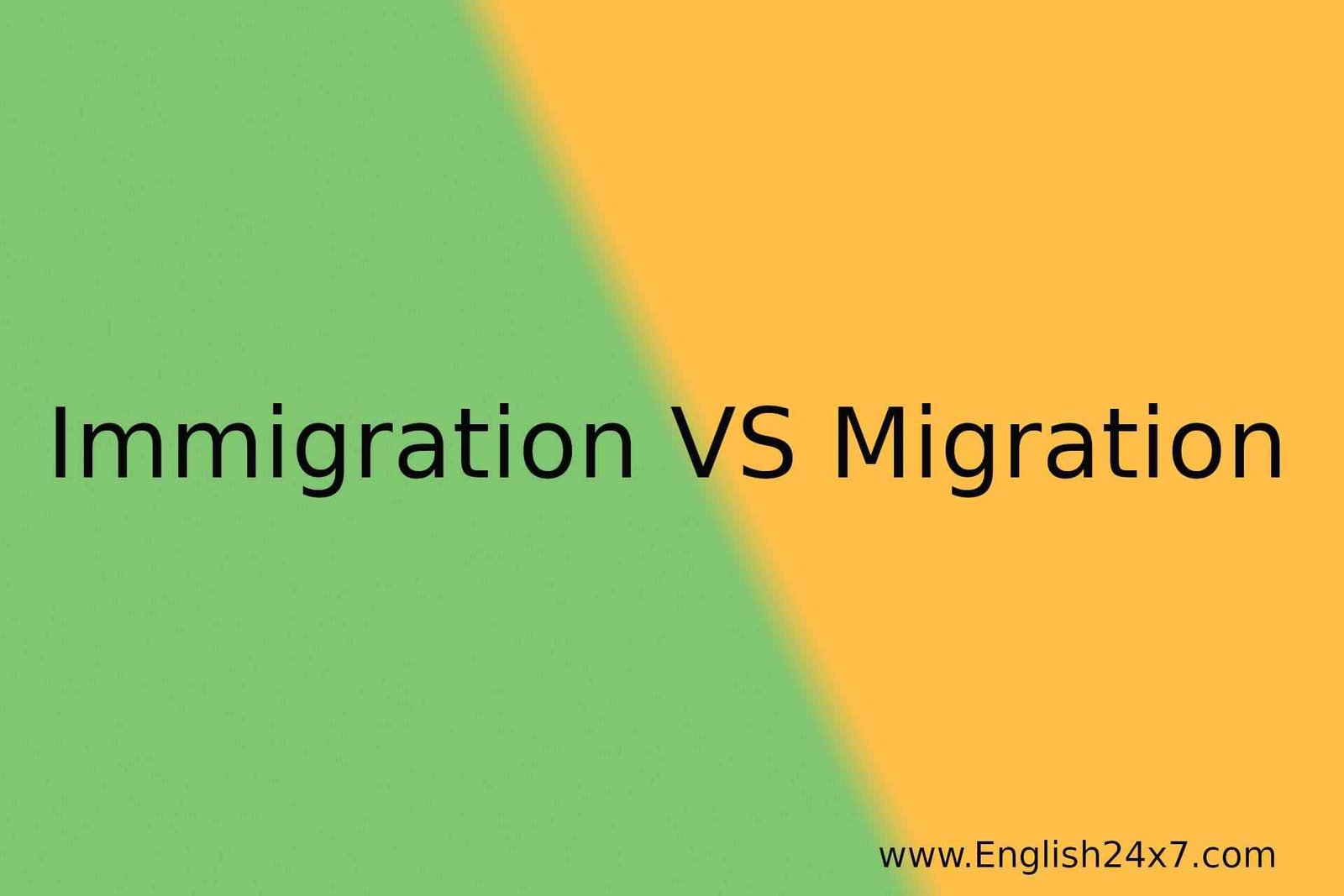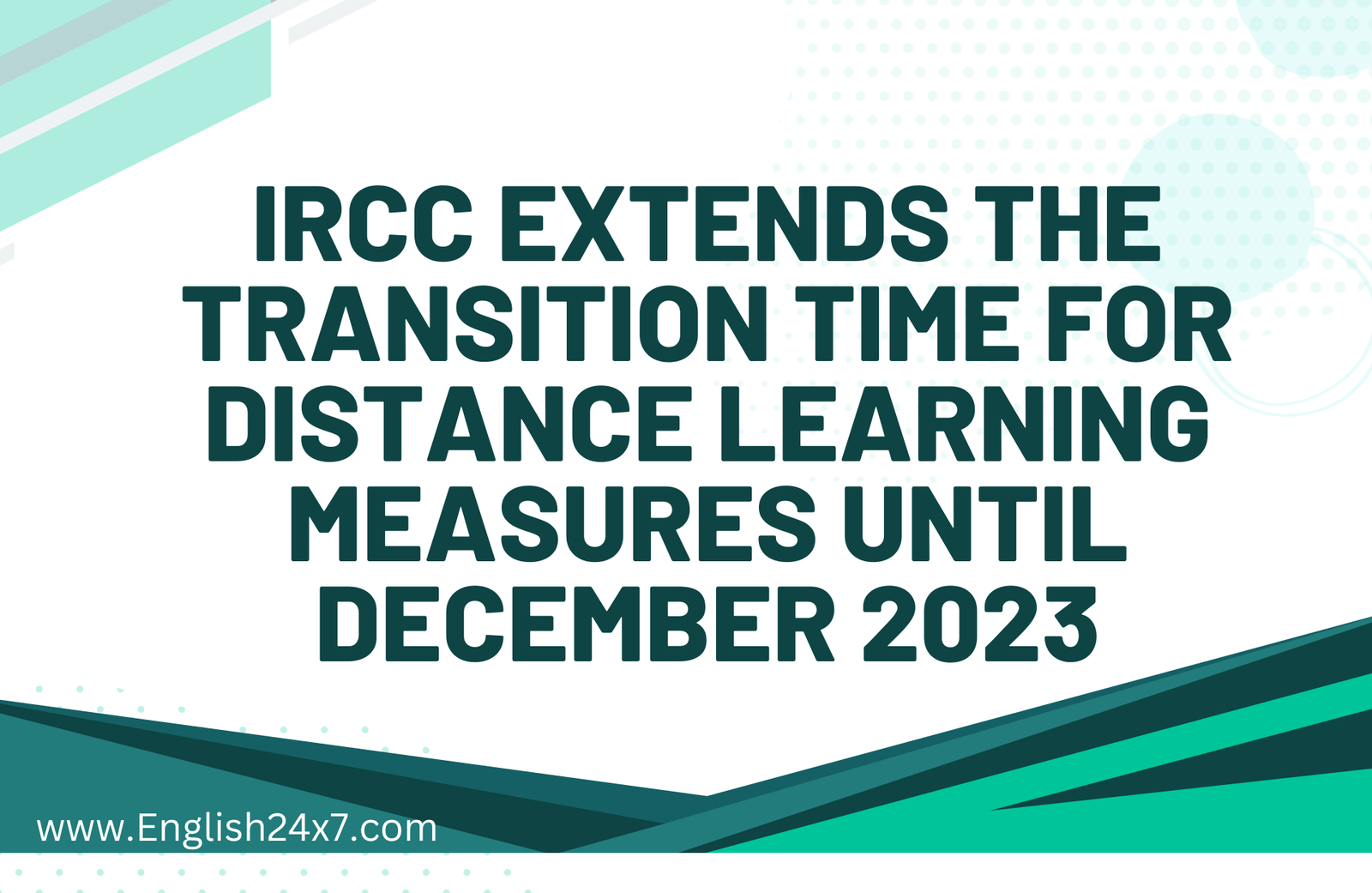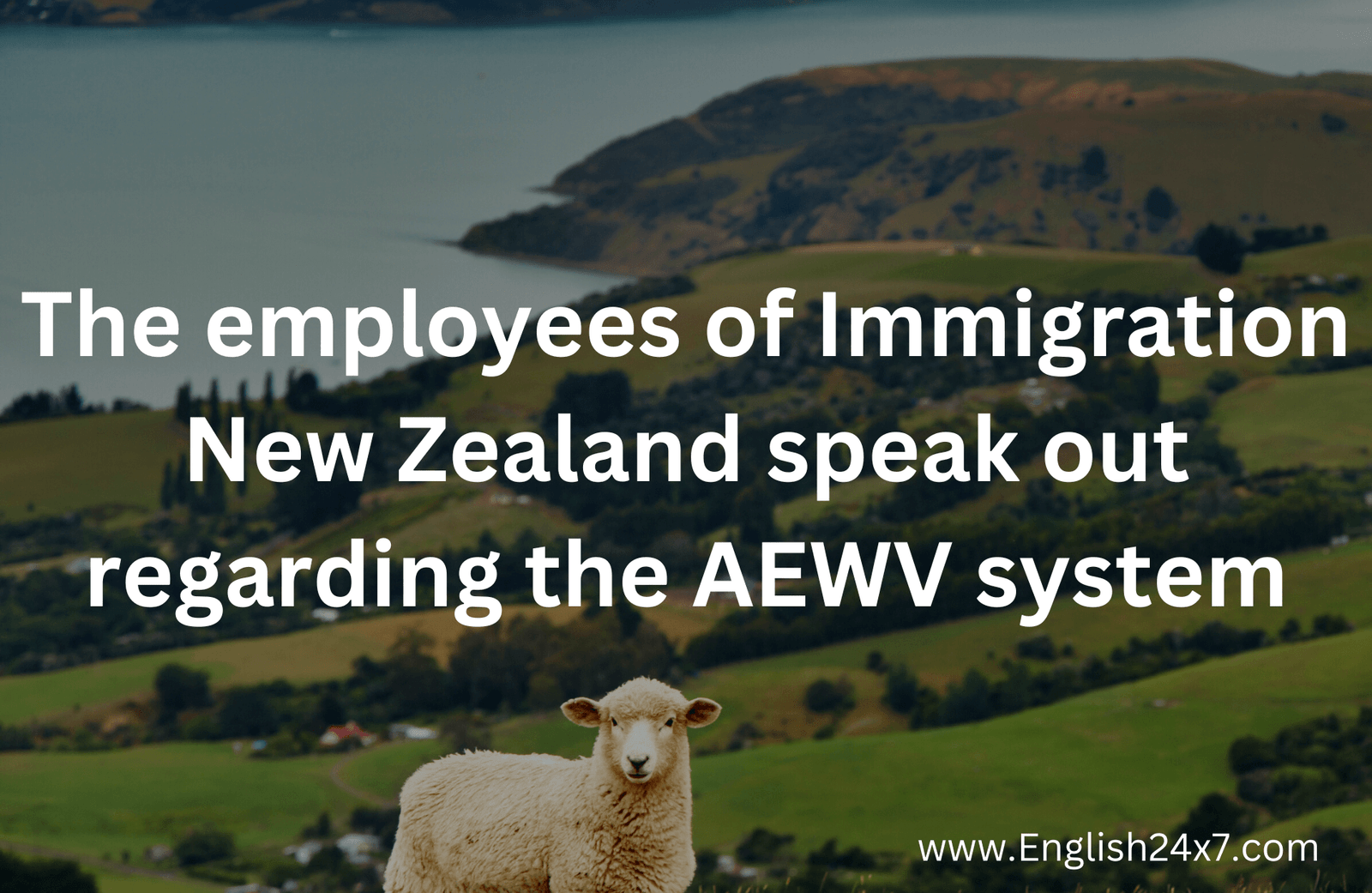
Are migrant workers giving Immigration NZ a bad reputation?
An economist cautions that, in the face of escalating international competition, New Zealand Immigration's "stink image" among migrants may make it more difficult for the nation to entice top international talent.
Dr. Eric Crampton, chief economist for the New Zealand Initiative, made his remarks in response to recent news stories about a woman who had four New Zealand-born children who was turned down for a resident visa.
Although this event garnered media attention, immigration has become a hot topic in the run-up to this election for a variety of other reasons.
Numerous industries are experiencing severe labour shortages, which has prompted requests for increased immigration. On the other hand, worries about infrastructure capacity are raised.
Crampton claims that the New Zealand immigration system is frustrating many immigrants in The Front Page podcast.
Given the lengthy wait times and frequent uncertainty faced by migrants, he asserts that any effort to alter immigration policy needs to start on the administrative side.
"You have a very bad image among migrants, especially those who have choices of where they want to reside," claims Crampton, "when you start treating individuals like that by not processing applications or sitting on them for a while."
"There is a worldwide talent race. New Zealand currently has a rather stinky reputation, and others like Canada are substantially increasing immigration. That needs to be fixed, therefore that's where to start.
One of the main issues with immigration policy is that it frequently follows popular opinion and what politicians believe voters want rather than what is best for the nation.
People begin to perceive migrants as competitors for our jobs or pay whenever there is a slump, he claims. Additionally, voters believe that immigrants are stealing the homes that they could have purchased if the housing market is dysfunctional. That creates a toxic environment for immigration politics, making the government prone to impose restrictions anytime there is even the slightest pressure.
The true problem, according to Crampton, is creating the ideal longer-term settings, which requires taking local government policies and infrastructure into account.
In this country, any conversation regarding immigration is invariably framed in terms of how well our infrastructure can accommodate a growing population.
According to Crampton, a significant portion of this is due to authorities' longstanding inability to make adequate infrastructure investments.
"The federal government receives the majority of the tax income advantages from migration, while local governments are left to bear the costs. While the central government frequently asks councils to make room for growth, they frequently lack the funds and resources to do so.
If infrastructure development is to keep up with population increase, according to Crampton, there must be a change in the way revenue is handled.
When a city council or area performs well and contributes much more to central government revenues, Crampton adds, "we need to start thinking about revenue-sharing systems so that they receive a taste of it back."
Thus, what does a sound immigration policy entail? How can we guarantee adequate funding for our infrastructure? How do immigration policies affect our wages? Should the refugee quota in New Zealand be altered? And what can we draw from other nations' experiences?







